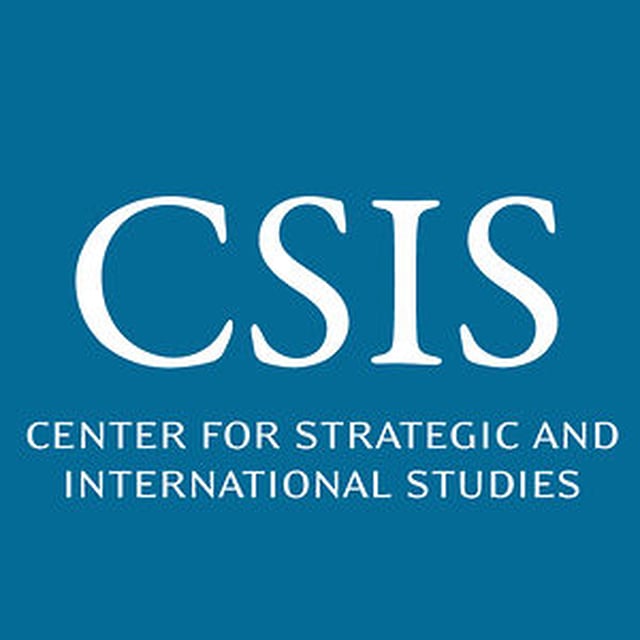Women without Borders (WwB) conducted a series of surveys targeting nearly 4500 university students in Riyadh, Al Qassem, Dammam, and Jeddah. This pioneering study, conducted over a two-year period prior to the Arab Spring, reveals a wide range of social dynamics, including changing attitudes towards tradition, religion, family, and gender.
The Kingdom of Saudi Arabia has been spared the unrest that recently swept many of its neighbours in the Middle East. Although many perceive that the Saudi royal family has maintained a high degree of both legitimacy and stability, the country faces many of the same socioeconomic ills that helped spark uprisings elsewhere in the region: a massive youth bulge, high unemployment, an education gap, and gender inequality. Up until now, young Saudis largely ignored calls for public protests. Yet with over 60 percent of the population under the age of 30, shifting attitudes among youth will help determine Saudi Arabia’s course over the next decade and beyond. With this in mind, Women without Borders, a Vienna-based non-governmental organization, conducted a series of surveys from 2006 to 2008 that targeted university students throughout the kingdom. The surveys explored young male and female attitudes toward a wide range of social issues, including changing relationships between tradition, religion, family, and gender dynamics. The findings help shed light on the attitudes of young Saudis and underscore the interconnections between these issues that will demand creative thinking on the part of the Saudi government in the years ahead.


